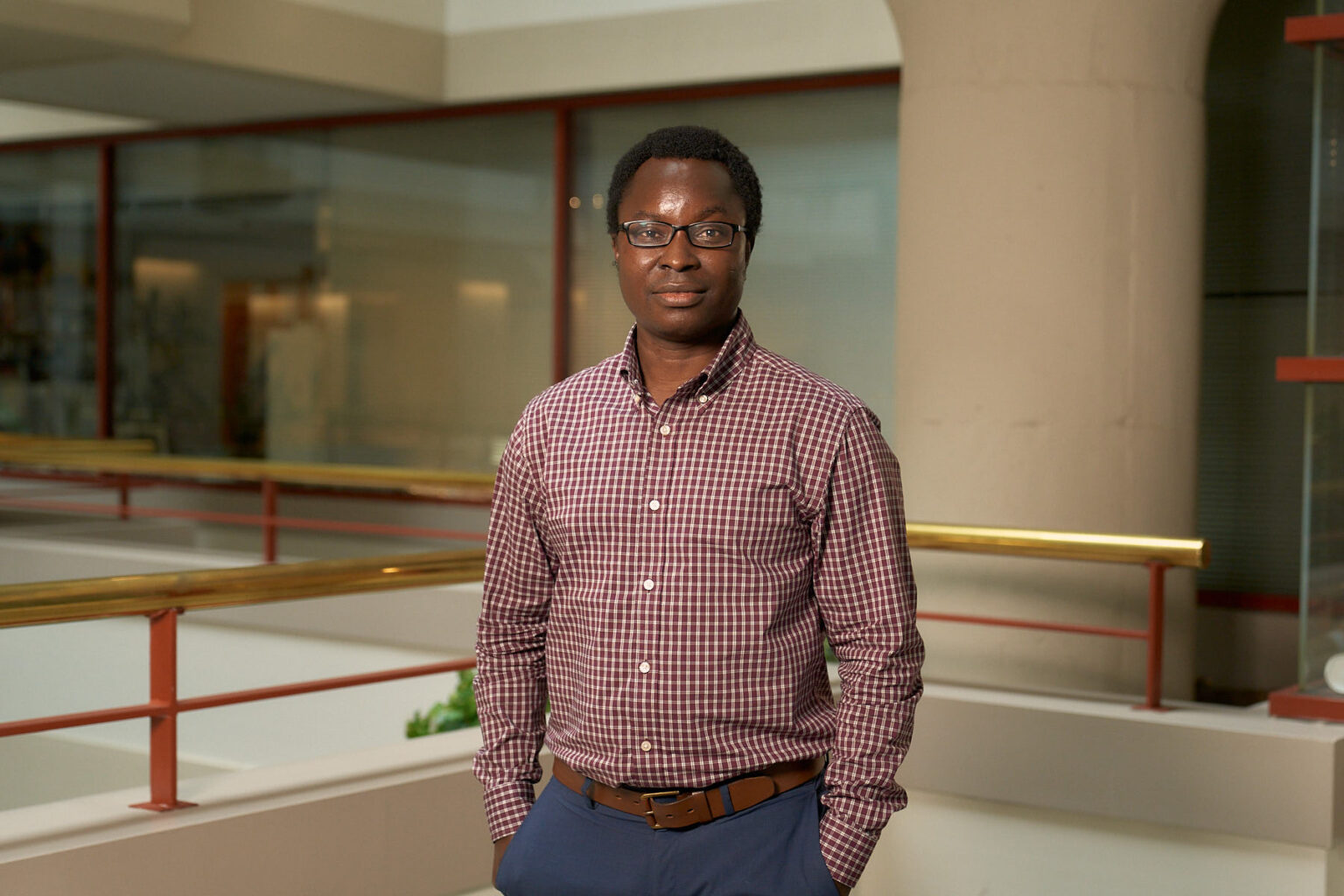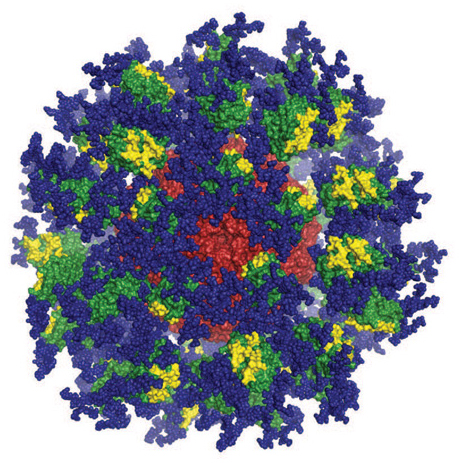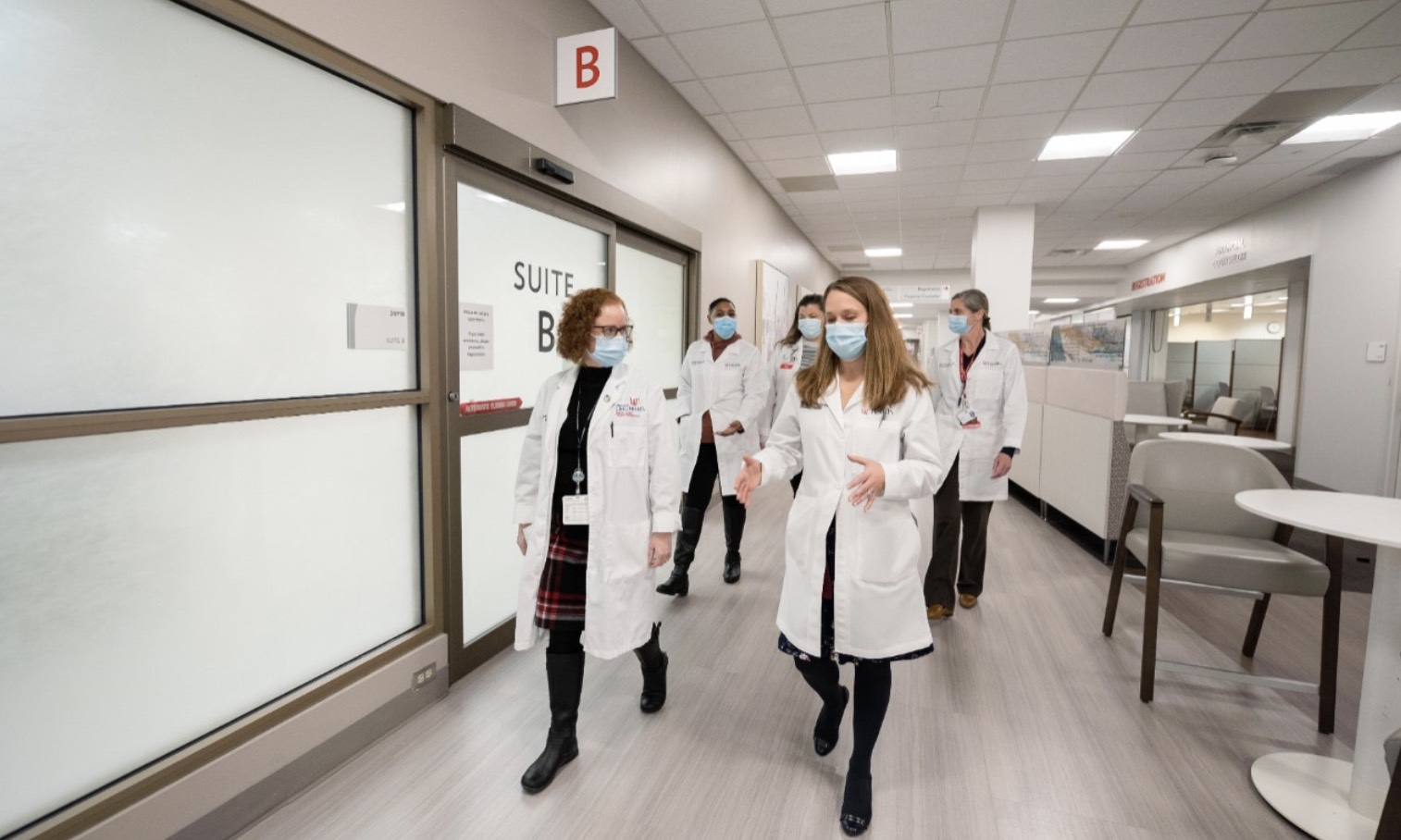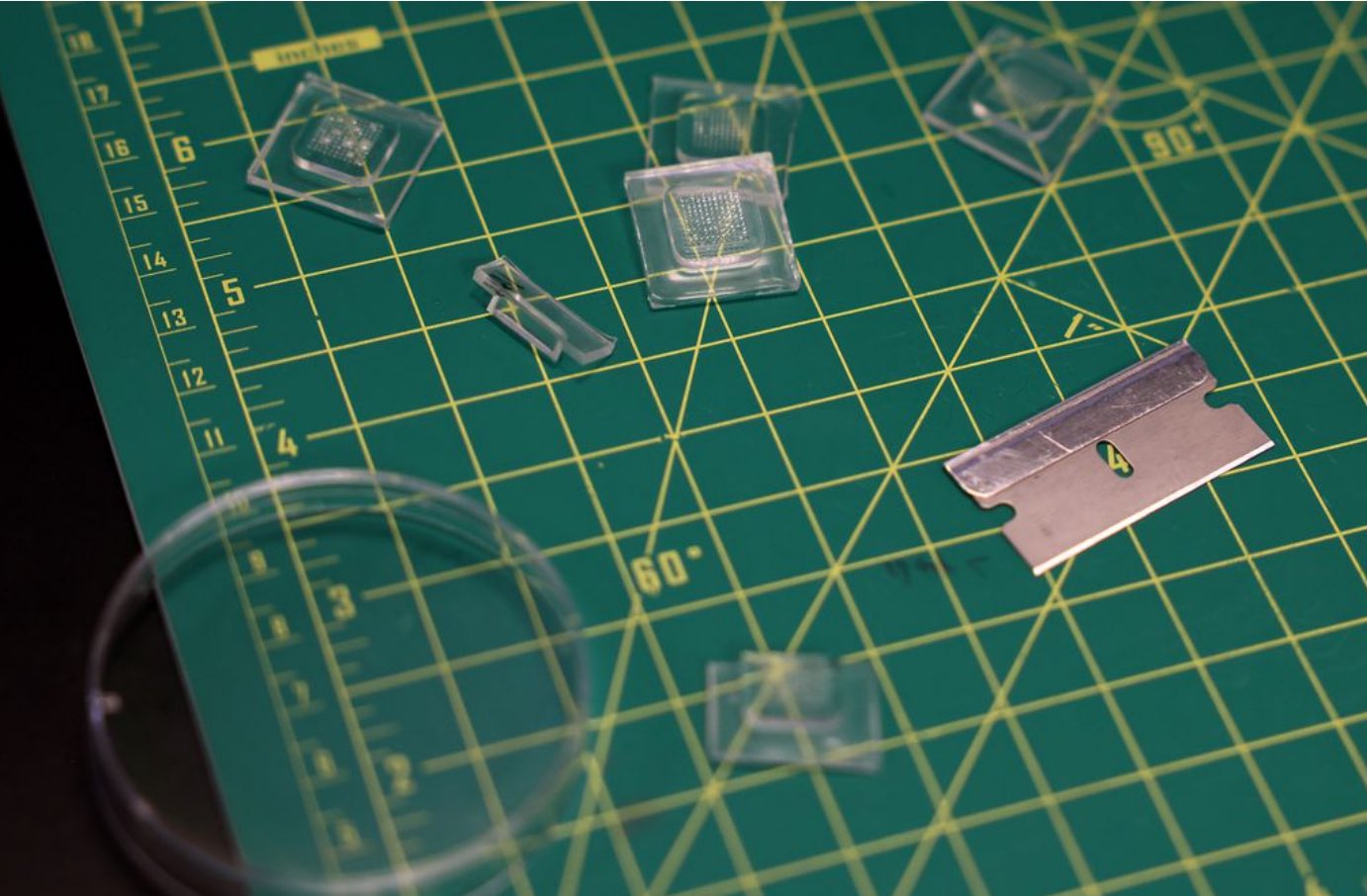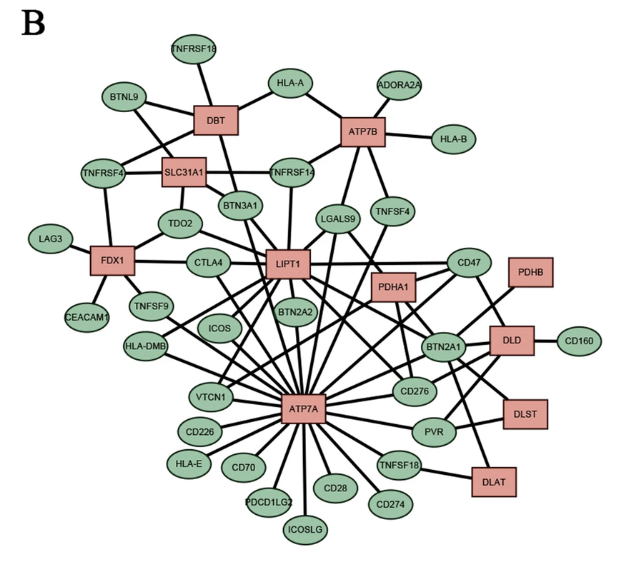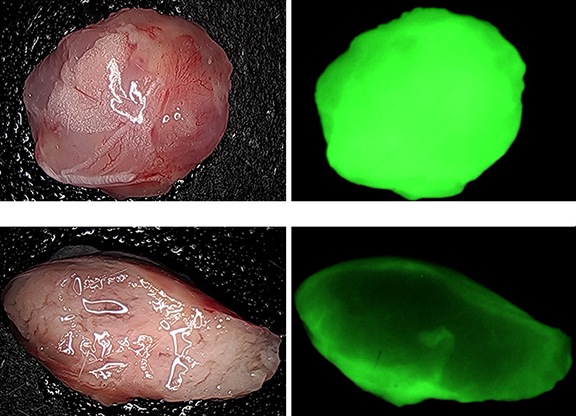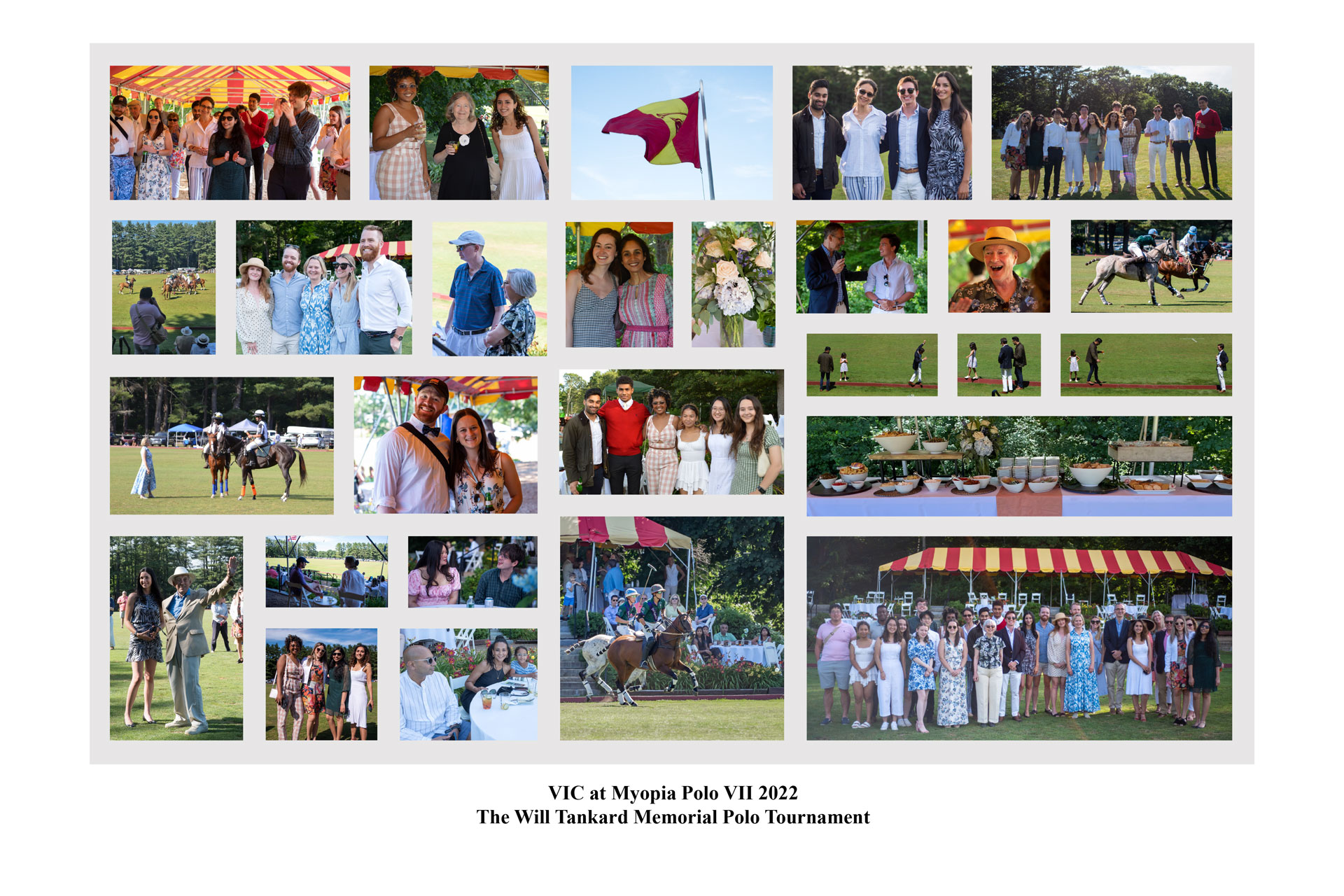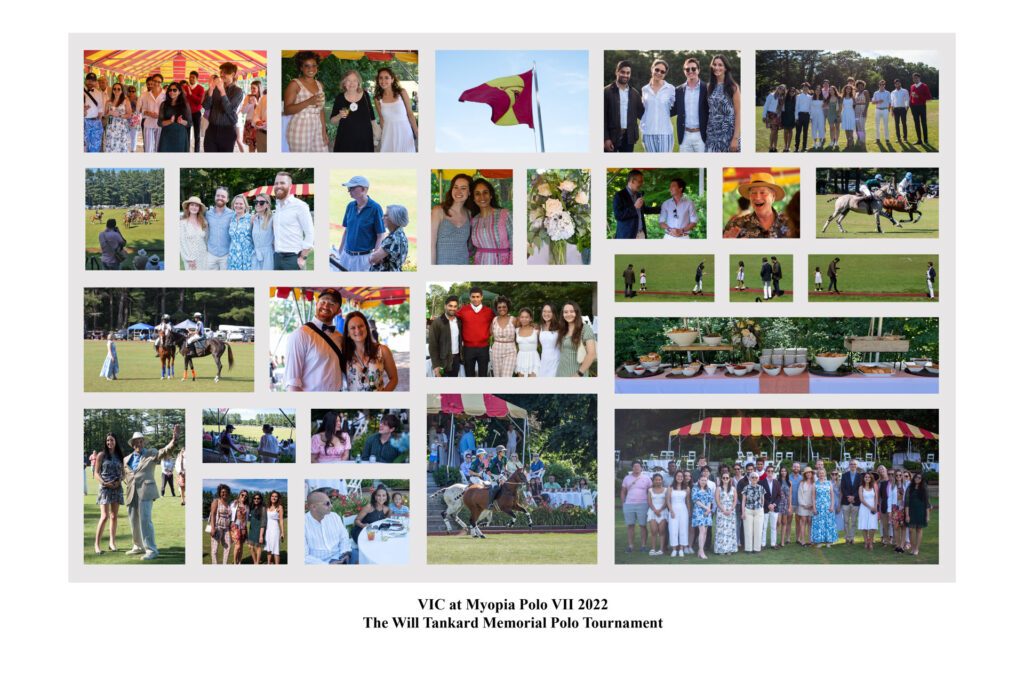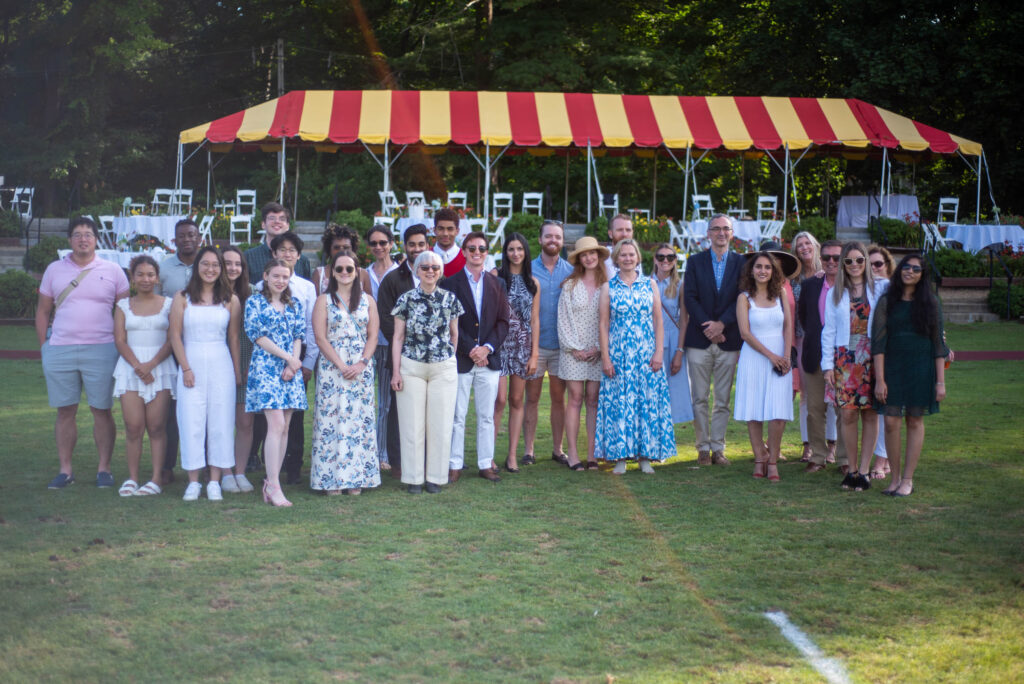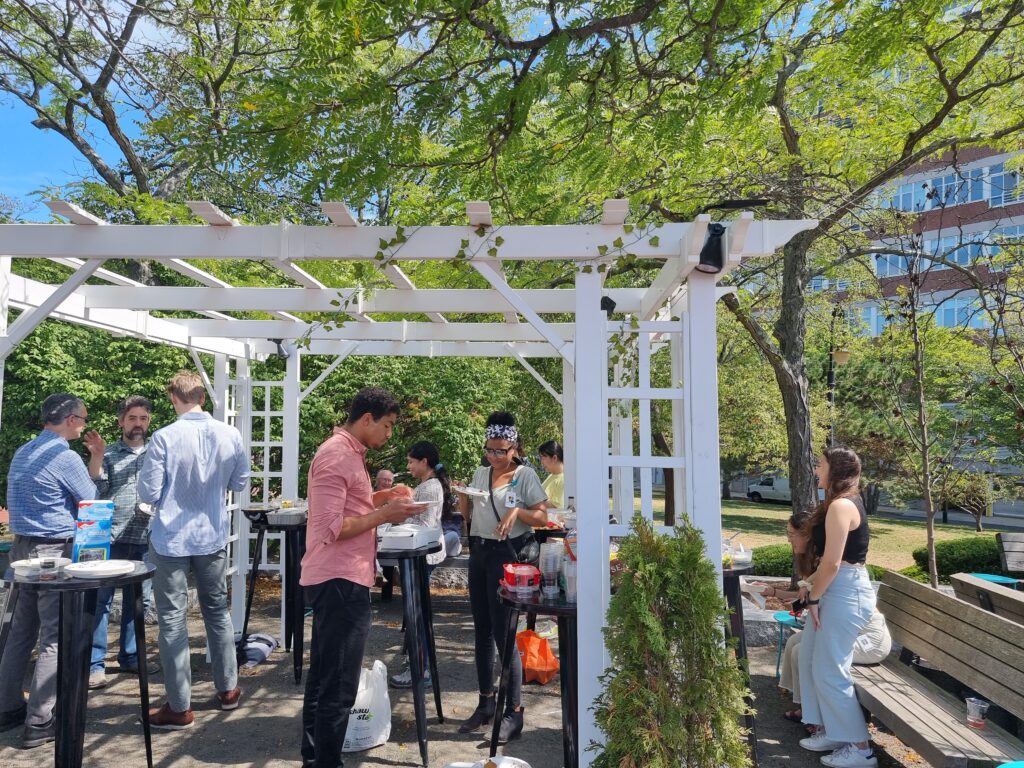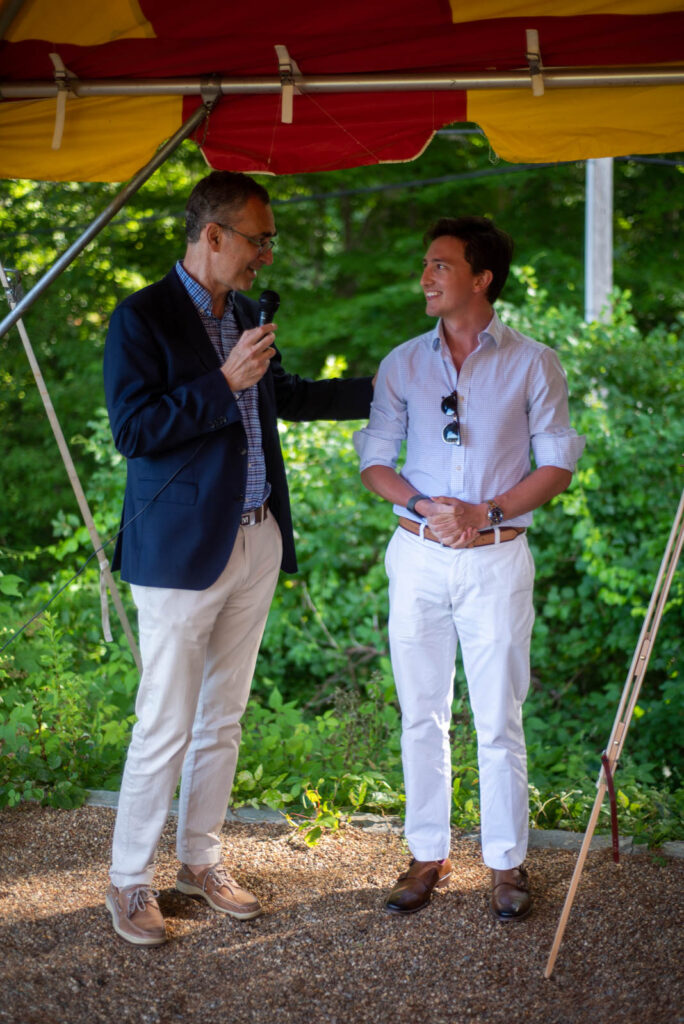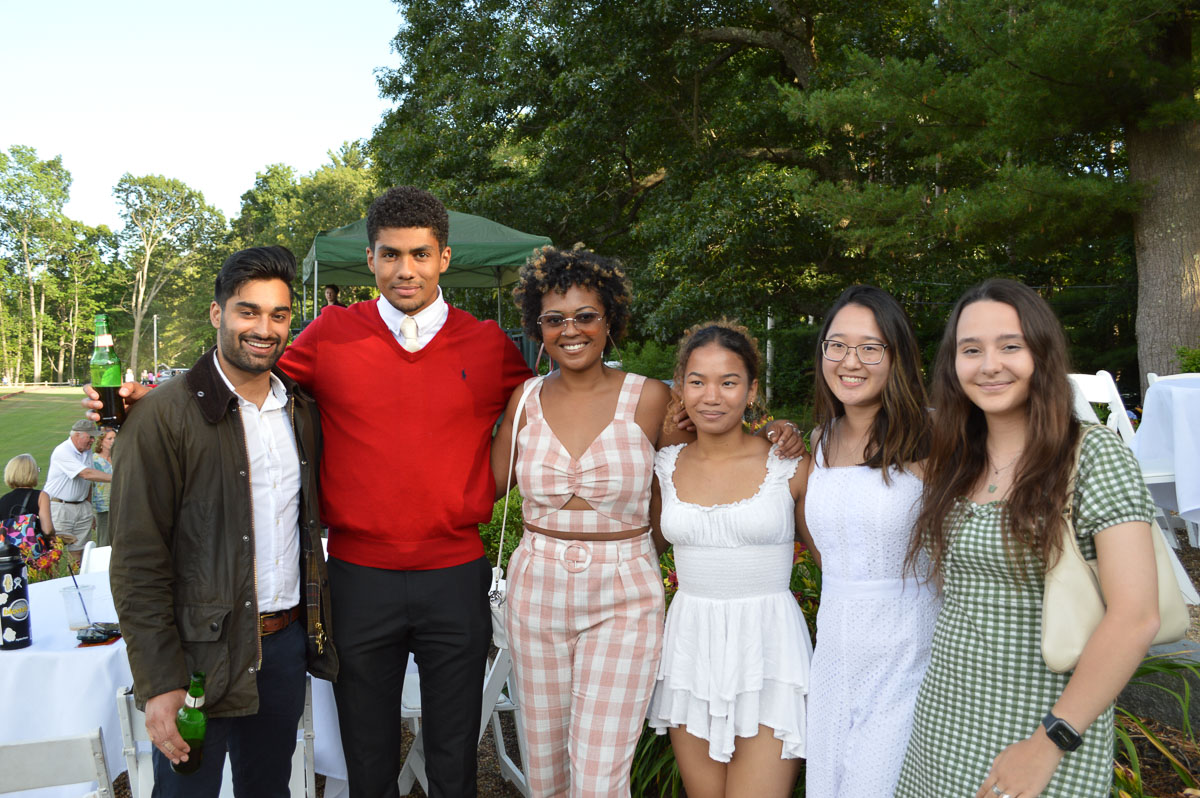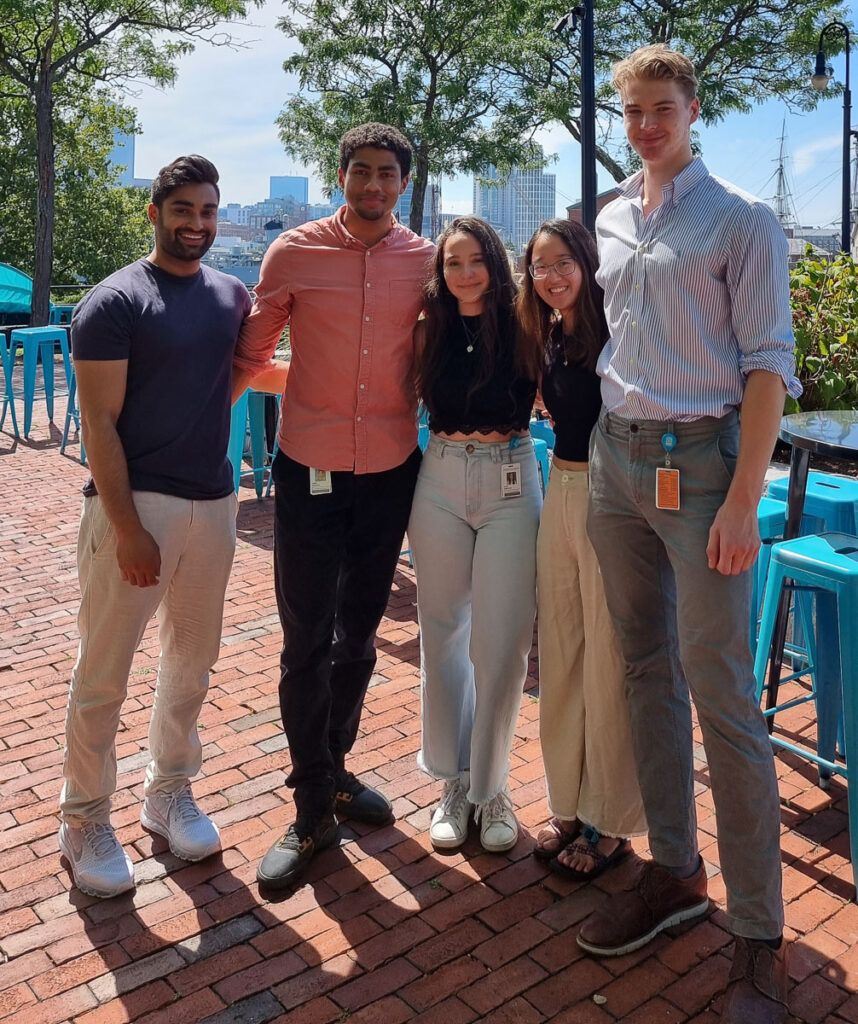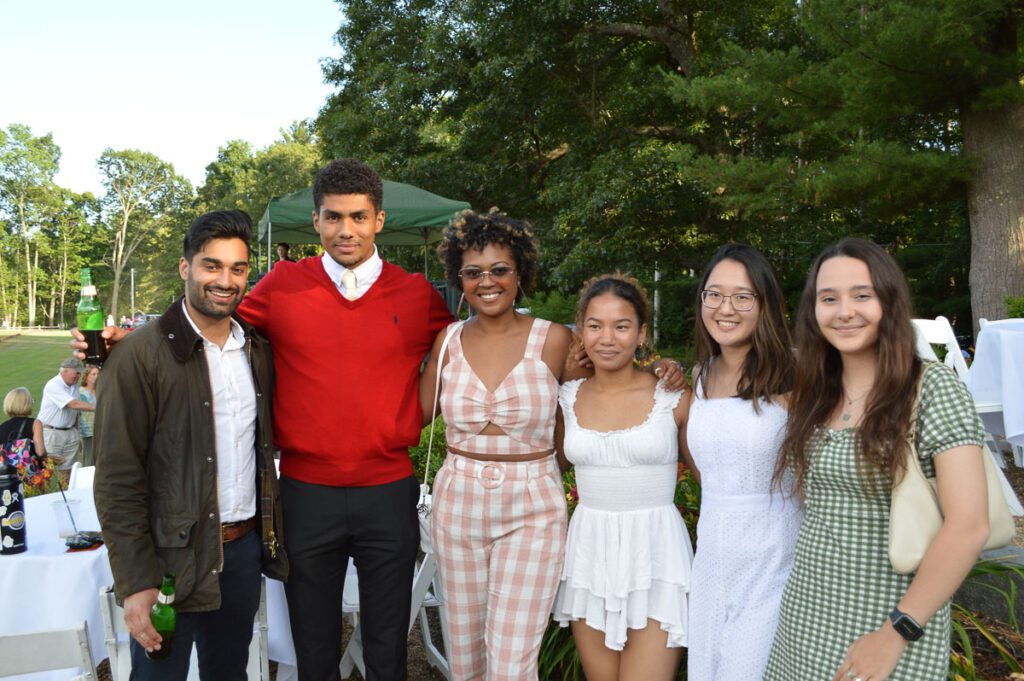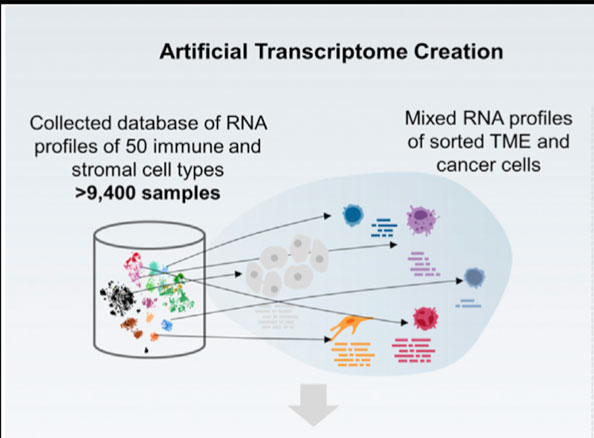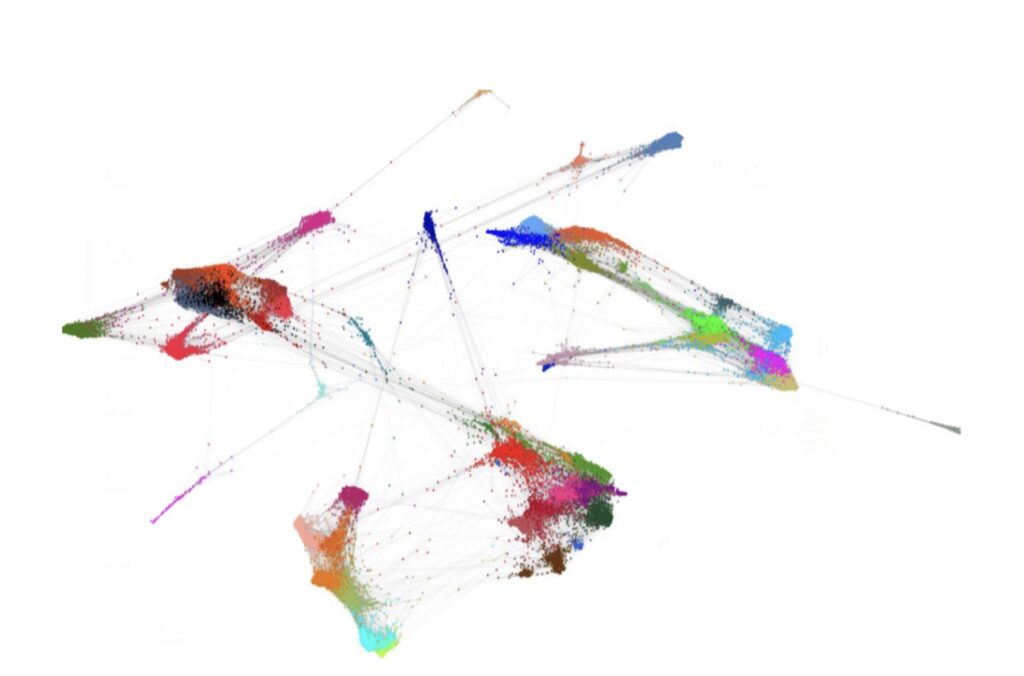David Alagpulinsa, PhD, Instructor in Medicine and Investigation at the MGH Vaccine and Immunotherapy Center (VIC) and Harvard Medical School, has been selected to participate in the 2023 Keystone Symposia Fellows Program. Commenting on his selection to the program, Dr. Alagpulinsa noted a previous encounter with Keystone Symposia: “Many years ago whilst studying for a master’s degree in Pharmacology in Ghana, I won a Keystone Symposia Global Health Travel Award to attend a Keystone Symposia conference in Banff, Canada. Attending this conference formed the genesis of my scientific career abroad; I felt left out by most of the science that was presented at the conference because I didn’t have the kind of training and expertise to fully understand. Prior to that, I didn’t have any interest in schooling abroad, but I suddenly developed a strong longing to pursue my doctorate degree abroad, specifically the US because most of the scientists I met were from there. Now, I’m here embarking on biomedical research that I’m passionate about, thanks to Keystone Symposia.”
Dr. Alagpulinsa’s current research at VIC focuses on defining the mechanisms that underlie abnormal bone marrow and hematopoietic stem cell function that may contribute to disease etiology, specifically type 1 diabetes and cardiovascular disease.
Expressing gratitude for his selection to participate in the Keystone Symposia Fellows program, Dr. Alagpulinsa comments that “This program aims to provide the necessary training, network, and skills for early-career scientists from diverse populations to take on leadership and decision-making roles in academia or industry and I’m looking forward to having a great experience.”
The Keystone Symposium has served the biomedical and life sciences community for more than 50 years, acting as a key connector between eminent scientists across academic, industry, and government disciplines to provide a space for cross-disciplinary discussion and collaboration that lead to scientific breakthroughs monumental to humankind. Through the Fellows Program, early-career scientists from underrepresented and disadvantaged backgrounds have access to unparalleled professional advancement opportunities including career-development workshops and related hands-on immersion experience, directly collaborating with distinguished scientists of the Scientific Advisory Board. The program focuses on accelerating the career development of selected scientists, generating a network to improve key skills necessary to pursue and achieve career goals.


